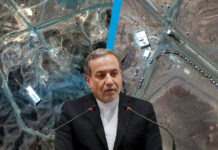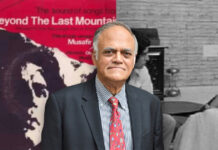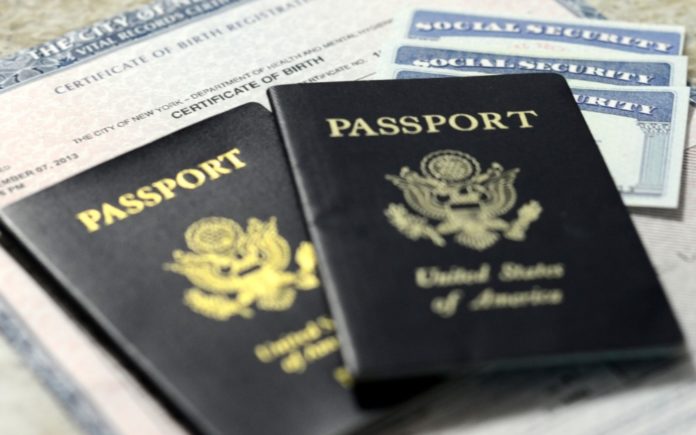In today’s globalized world, the pursuit of love and opportunity often knows no borders. Yet, when it comes to the topic of marriage for citizenship, stereotypes abound, particularly in Western cultures. The assumption that individuals from emerging economies are solely seeking a ticket to the West overlooks the mutual benefits and complexities inherent in such unions.
Seeking Opportunity
While we won’t delve into the debate surrounding these assumptions, it’s essential to note that seeking out foreigners solely for citizenship is not a recommended practice. However, in a world with myriad tax requirements and considerations, the idea of acquiring US citizenship or a green card may not be as appealing as it seems.

Interestingly, the concept of marrying for a visa or green card isn’t a one-way street. There are countries worldwide that offer expedited paths to citizenship for Westerners seeking to marry locals. This phenomenon aligns with the adage of ‘going where you’re treated best,’ extending beyond financial matters to matters of the heart.
Understanding the Process
Despite the misconceptions surrounding citizenship by marriage, it’s crucial to dispel some myths. Marriage typically grants residency rather than immediate citizenship, varying from country to country. For instance, in wealthy nations like Canada, marriage serves as a starting point for the naturalization process, entailing years of presence and tax obligations.
However, in certain countries, marriage to a citizen offers a fast track to naturalization. Take Brazil, where tying the knot with a Brazilian citizen can lead to citizenship in just one year, providing access to a diverse culture and a valuable passport. Similarly, Spain and Portugal offer streamlined processes for spouses of citizens, significantly reducing residency requirements.

Beyond South America and Europe, countries like Mexico and Colombia provide avenues for expedited citizenship through marriage. Whether it’s two years in Mexico or five in Colombia, these opportunities underscore the global nature of love and citizenship.
While the idea of marrying for citizenship may raise eyebrows, it’s essential to recognize the multifaceted motivations and opportunities involved. Whether seeking love, opportunity, or a combination of both, individuals navigate complex legal and personal landscapes in pursuit of a better future. In the end, it’s not just about acquiring a passport but building a life rooted in mutual respect, understanding, and shared aspirations.
Stay tuned to Brandsynario for more.



































